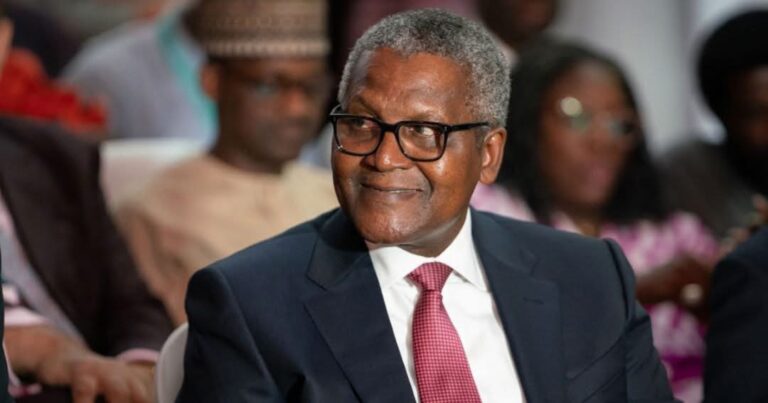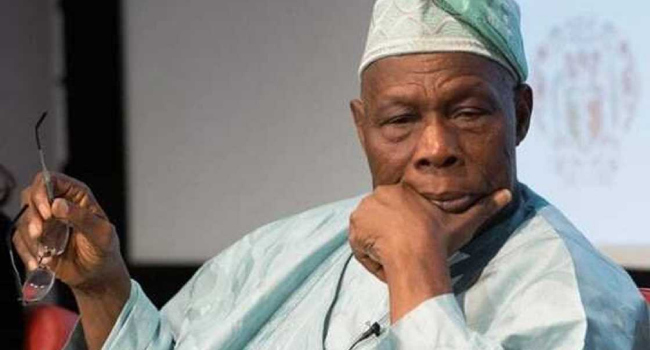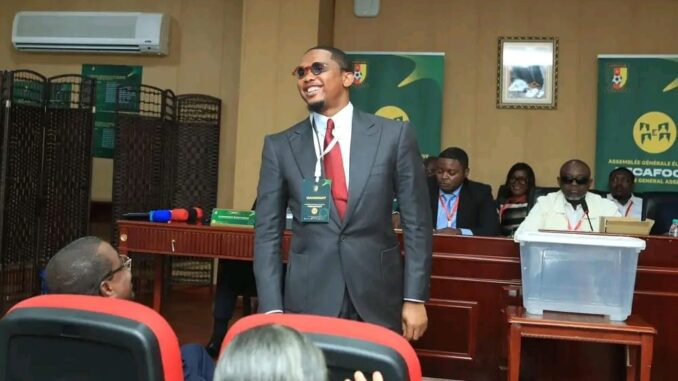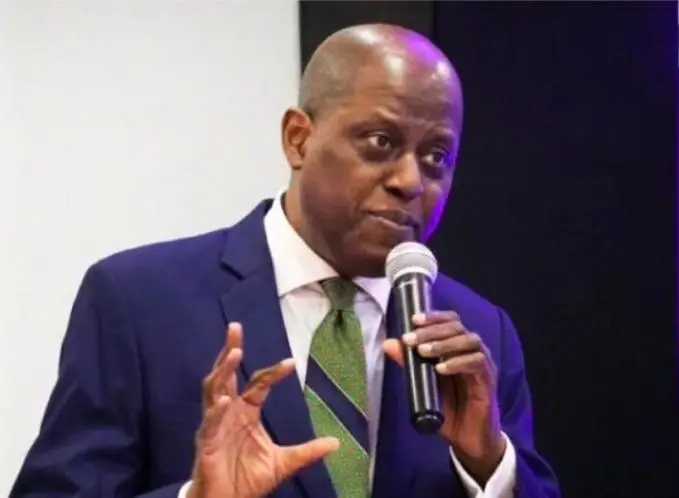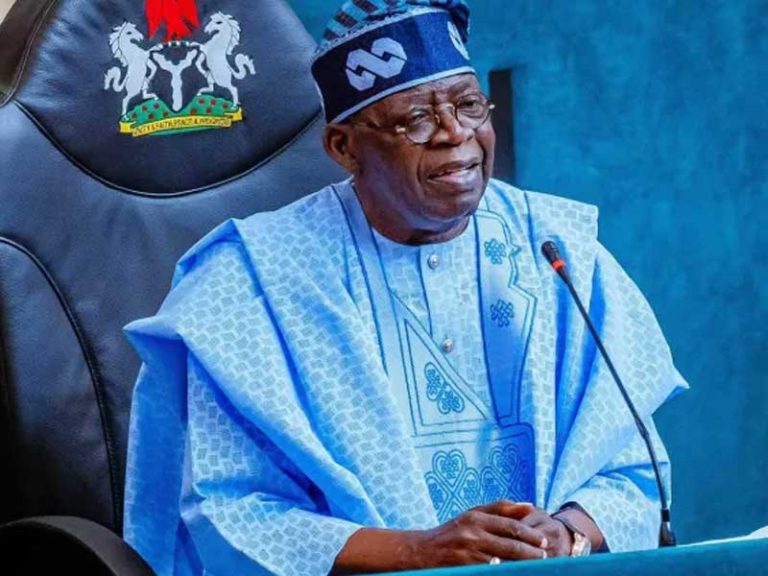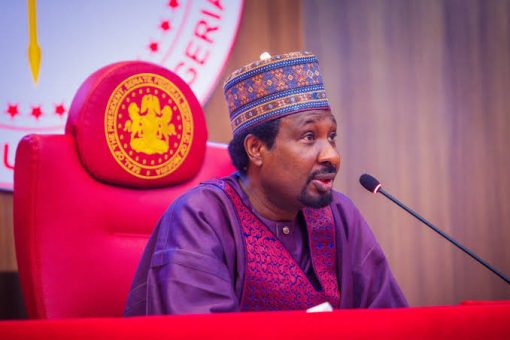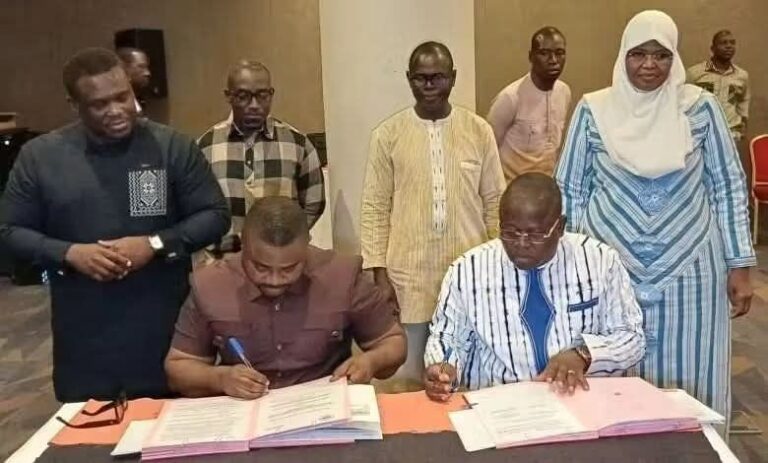Wizkid’s new documentary has sparked debate as critics highlight the absence of any mention of Banky W, his former mentor during his early career at E.M.E Records.
In the film, Wizkid reflects on his journey, saying, “There was no blueprint for me, I had to build a structure for myself.” While some interpret this as pride, others argue it reflects the complexities of claiming personal achievement after rising under a mentor’s guidance.
Examining Wizkid’s accomplishments provides context for his stance. He is the most awarded African artist with 158 accolades, including BET, MOBO, Soul Train, and Billboard Music Awards. He became the first Nigerian to top the Billboard Hot 100 through his collaboration with Drake on *One Dance*, and the first Afrobeats artist recognized in the Guinness World Records for the same track. He also broke records as the first Nigerian and African artist to sell out London’s O2 Arena, had the first Nigerian song on the US Billboard Hot 100 with *Essence* featuring Tems, became the first Nigerian singer to win an NAACP Image Award, and modeled for Dolce & Gabbana—among numerous other achievements.
Many of these milestones occurred after his two-year tenure at Banky W’s E.M.E Records. Analysts suggest Wizkid may be cautious about sharing credit publicly, concerned that acknowledging his former mentor could overshadow the scale of his personal accomplishments. Reports also indicate that he left E.M.E Records without financial backing, adding to his desire to own and define the narrative of his success.
While this does not excuse the omission, it sheds light on the artist’s perspective: a desire to protect his legacy and assert ownership over the journey that turned him into a global Afrobeats icon.
BTV Reporting





